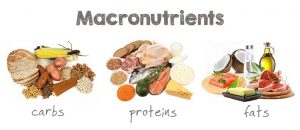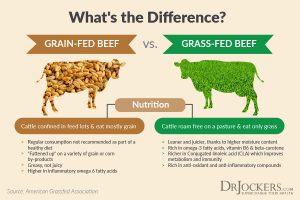Over the last 50 years, the amount that the world knows about what comprises food has grown exponentially with each passing year, but I don’t think anyone knew what exactly would happen because of it. It is easy, for me at least, to imagine when people only ate foods because they knew that for some reason or another they kept them alive better than a different item. Today, especially in advertising, it seems that companies are selling their own versions of specific foods and meals that have been “idealized” in a lab to contain the perfect number of macronutrients and such to make the person eating it healthier. I thought that it was interesting how quickly America, and to some extent the world, went from eating what they always had, to needing to know exactly what was in every bite of food that they put in their bodies.

Along with the change in knowledge came a change in production, with over 60% of the US population being involved in farming to less than 2% in the same time frame that all of these new parts of foods and the human diet were being discovered. I believe that this is possibly due to an increase in food manufacturing in place of classical agriculture and farming practices once people realized they could more or less grow things exactly how they wanted to in a lab or factory now that it was known what makes up any given food object, instead of relying on natural processes to grow anything. Along with changing how agriculture functioned, farmers now engineer diets that result in more favorable macros and qualities in meat from livestock. In the end, it is important to notice how misleading scientific reductionism can be to uninformed people, especially since the labels of products have to weave around specific regulations to be legal to print but still say what the producers think will sell the most.
Here is a short video about how to navigate a grocery store, properly read labels, and pick the best foods for you! https://www.youtube.com/watch?v=qr3PraBPKOU


I agree with the core argument that you’ve raised in this post, Cole. I think there are a lot of pertinent questions and ideas raised about the way the human diet has developed into what it is today and what we see on our plates. I was especially taken aback by the statistic you mentioned as to the drop in the percent of the US population partaking in farming. I want to offer a further idea, to extrapolate more on an important idea you’ve already raised. You raise the idea that the drop in the farming population could be attributed to an abandonment of classical agriculture and farming practices. I think it would have strengthen your assertion to comment more at length on the heavy investment in particular agricultural crops, highlighting again this core idea of a traditional human diet to a manufactured one. You touch briefly on the intentions of producers and advertising according to what will sell. I also see another opening for a deeper commentary on how farming changes have been a biproduct of larger food institutional change. All together I found your post to be through provoking and suggestive of greater implications new trends in food production and consumption.